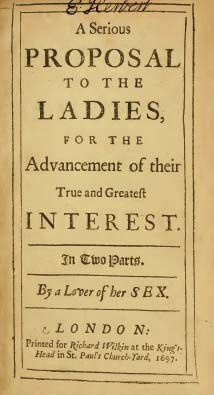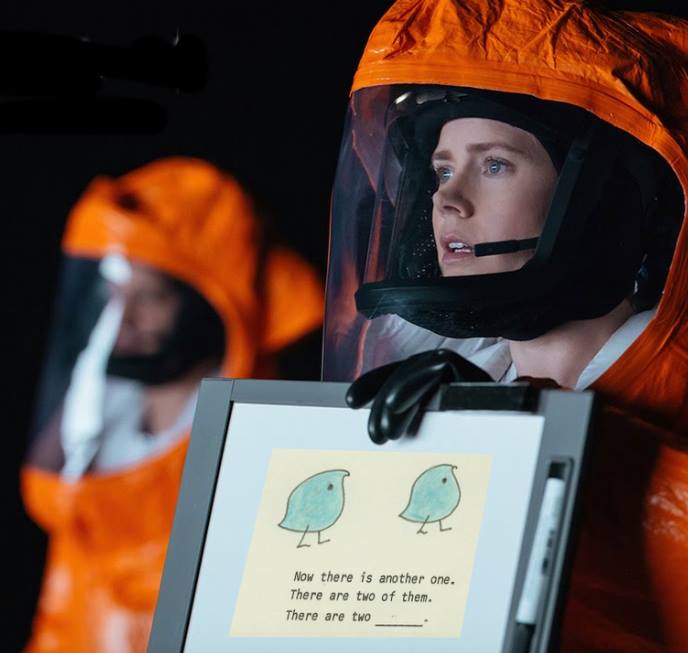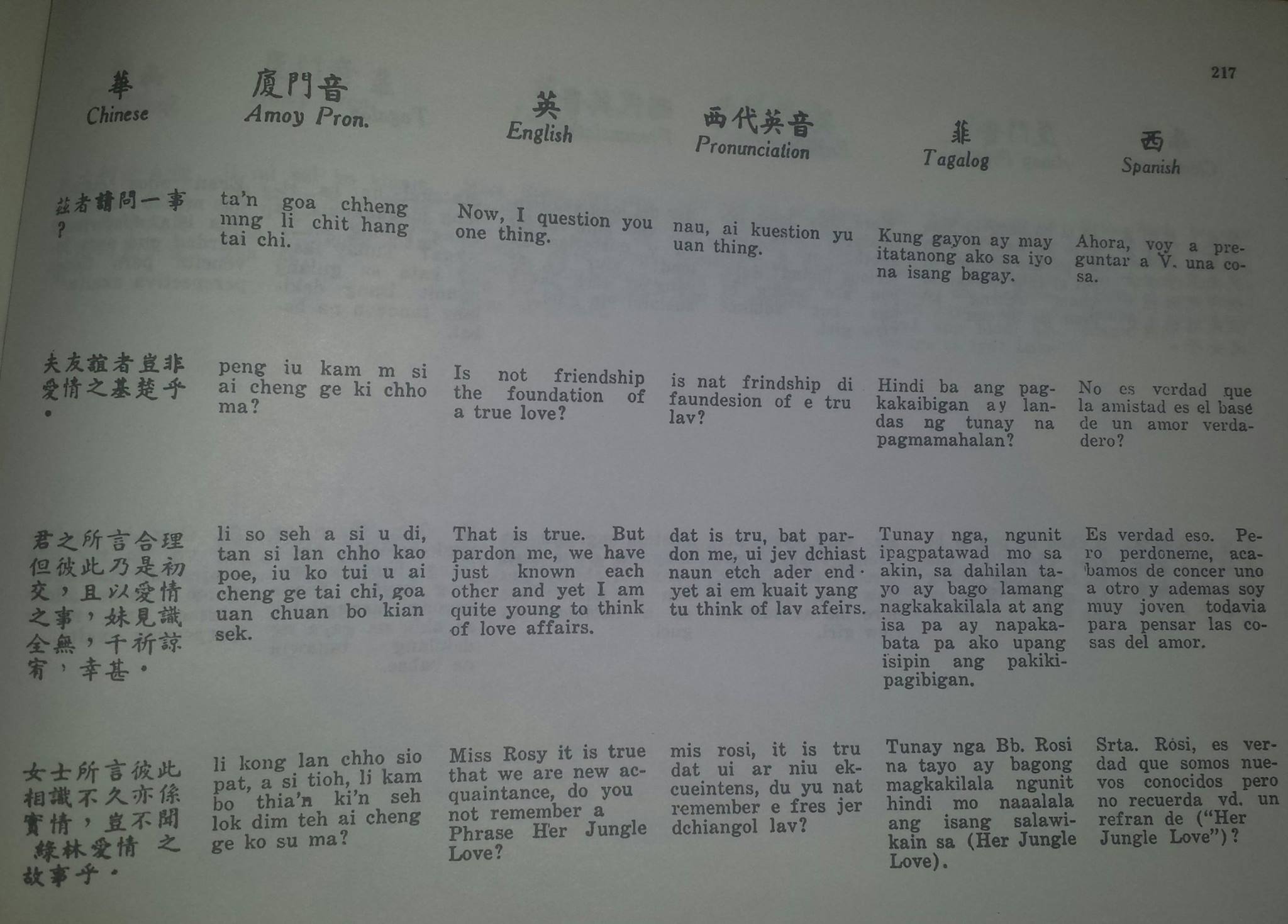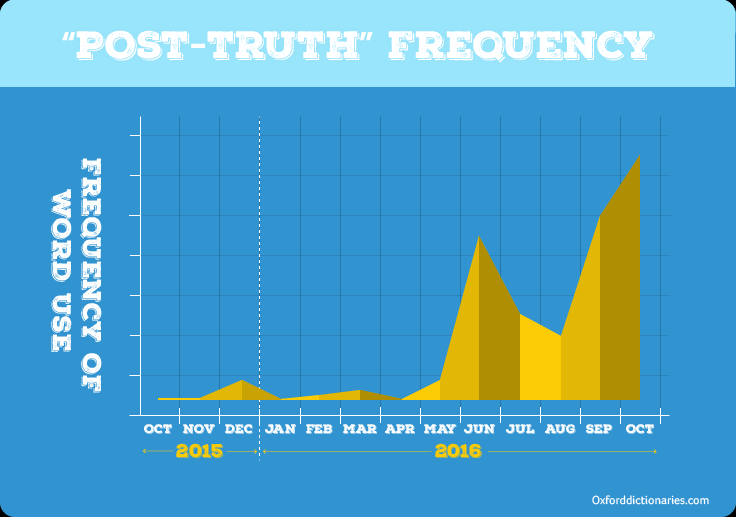 Recently, a series of serendipitous connections led me to read Mary Astell's work, A serious proposal to the ladies, for the advancement of their true and greatest interest, first published in 1694. And this experience led me to two questions, the first of which is, Why in the world are Mary Astell's works not available in a readable plain text form, from sources like Project Gutenberg and Wikisource?
Recently, a series of serendipitous connections led me to read Mary Astell's work, A serious proposal to the ladies, for the advancement of their true and greatest interest, first published in 1694. And this experience led me to two questions, the first of which is, Why in the world are Mary Astell's works not available in a readable plain text form, from sources like Project Gutenberg and Wikisource?
Astell's Wikipedia entry explains that she "was one of the first English women to advocate the idea that women were just as rational as men, and just as deserving of education." And she is important enough to merit an entry in the Stanford Encyclopedia of Philosophy, which describes at length her contributions to metaphysics and epistemology.
I know that the first-order reason for this lacuna is that OCR is still pathetically incapable of dealing with 17th-century printing, and that no volunteers have stepped forward to transcribe her writings from the available paper or image sources. But this doesn't really answer the question, it just moves it back a step.
Anyhow, my second question is one that I've wondered about before, without ever trying to find an answer: Why did authors from Astell's time distribute initial capital letters in the apparently erratic way that they did?
Read the rest of this entry »




